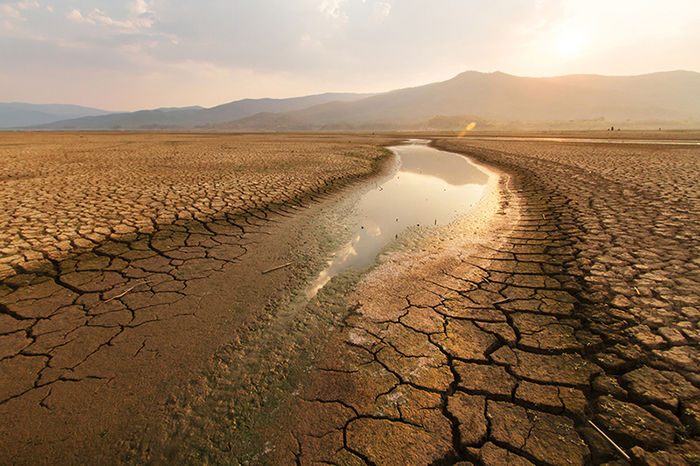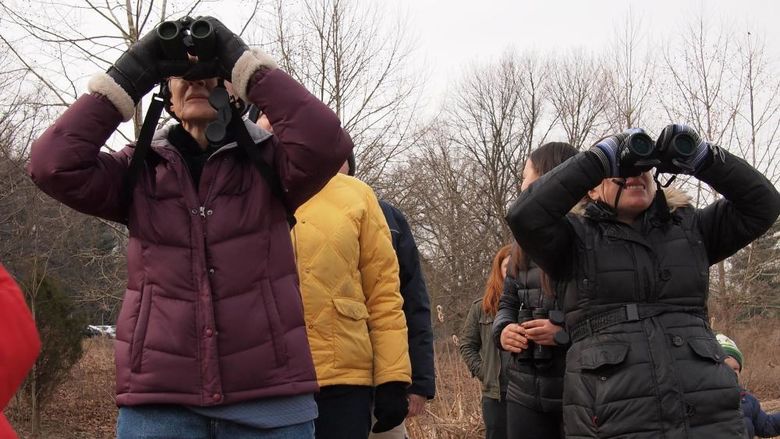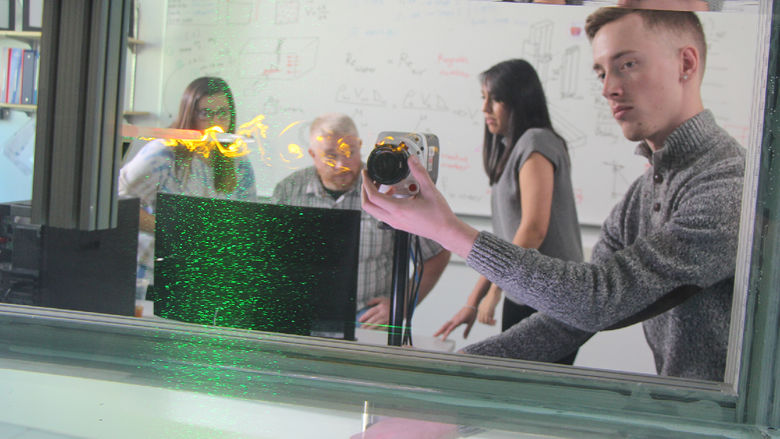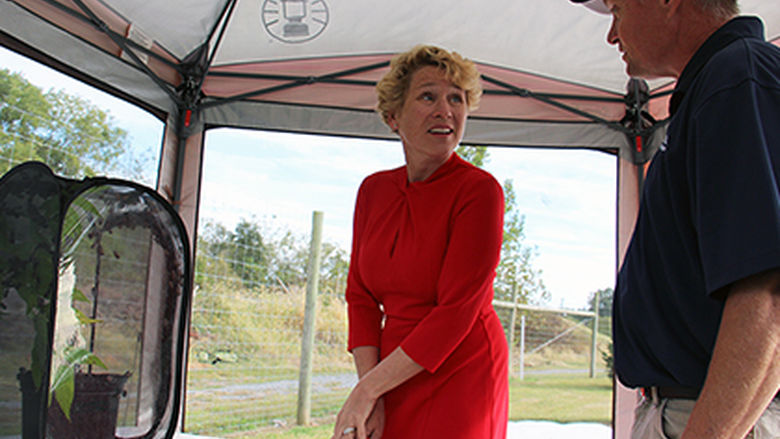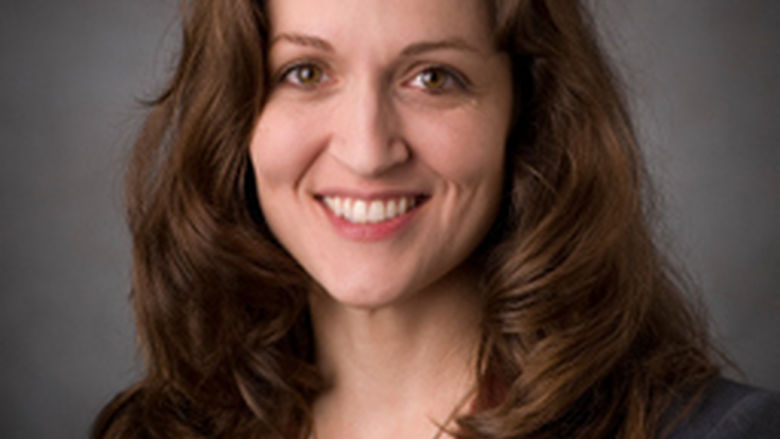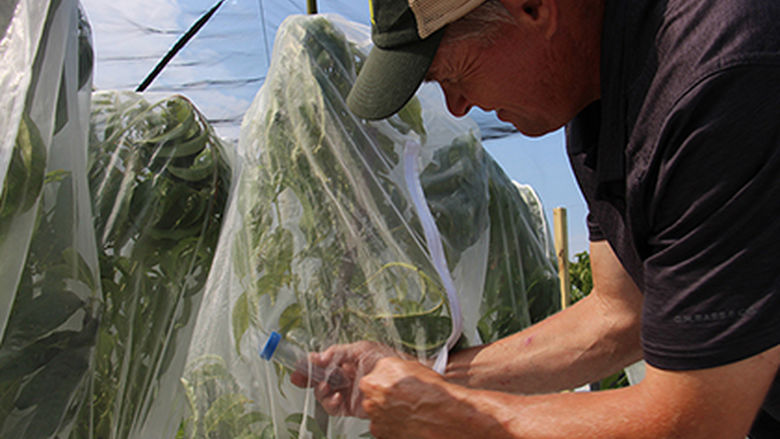
Due to a changing climate, Africa is projected to experience hotter temperatures, more severe storms and increased droughts — and few of the countries on the continent are prepared to deal with the coming crisis.
UNIVERSITY PARK — An international, Penn State-led consortium aims to improve drought risk analysis and management and increase societal resilience in Africa, funded by a three-year, $1.1 million grant from the Belmont Forum.
Due to a changing climate, Africa is projected to experience hotter temperatures, more severe storms and increased droughts — and few of the countries on the continent are prepared to deal with the coming crisis, according to consortium leader Michael Jacobson, Penn State professor of forest resources. This project aims to boost preparedness for drought to reduce food insecurity, poverty, health problems and the displacement of people.
To accomplish these goals, consortium partners Penn State, University of São Paulo, Brazil, and Cranfield University, U.K., will work closely with four African partner institutions: Rural Polytechnic Institute of Training and Applied Research, Mali; Makerere University, Uganda; Mohammed VI Polytechnic University, Morocco; and University of Kwazulu-Natal, South Africa.
“The countries and institutions that we are working with are intended to be proxies for the other counties on the continent because, obviously, we can’t work with all of them on this project,” said Jacobson, who has been conducting research in Africa for nearly four decades. “Hopefully, with these four biophysical and socioeconomic regions, we are getting a pretty fair representation of the drought scenario in Africa.”
The researchers will operationalize the management of disaster risk and societal resilience related to drought in Africa, explained Abdullah Konak, distinguished professor of information sciences and technology at Penn State Berks, a co-leader of the consortium. He noted that they intend to eliminate the ambiguity in the relationship between drought hazards, vulnerability and resiliency, developing a decision-support system for African leaders to accurately gauge drought disaster risk.
The decision-support tool will allow leaders to achieve a reduction in negative effects and improve resilience in the face of drought conditions, Konak suggested.
“Our work will result in Africans being better prepared to withstand prolonged dry conditions,” he said. “More accurate predictions will enable leaders in Africa to better deal with the negative effects of drought by being more adaptive, by perhaps using different cropping systems or irrigation. Our research will focus on resiliency, assessing the capacity of communities to maintain or recover an acceptable level of functioning when they are exposed to drought.”
Deanna Behring, assistant dean for International Programs in the College of Agricultural Sciences, believes it is important for Penn State to be engaged with Africa and to use the University’s expertise and resources to address drought challenges on the continent.
“The college is proud to help lead this consortium,” she said. “Our philosophy of scientific engagement is based on the creation of such knowledge network, and we see today’s science as a process of engagement through networks that scan for knowledge globally and tie it down locally.”
Adelaide Nardocci, University of São Paulo, Brazil, and Nazmiye Ozkan, Cranfield University, UK, are also co-leaders of the consortium.
The National Science Foundation, UK Research and Innovation and the São Paulo Research Foundation provided funding for this consortium, through their partnership with the Belmont Forum.
